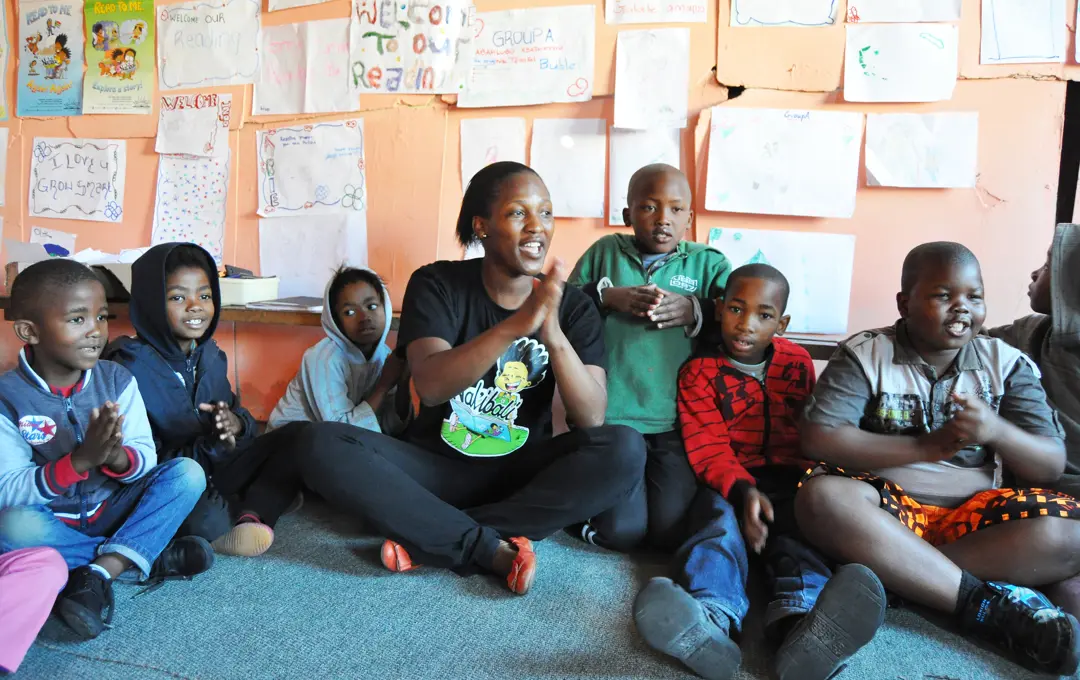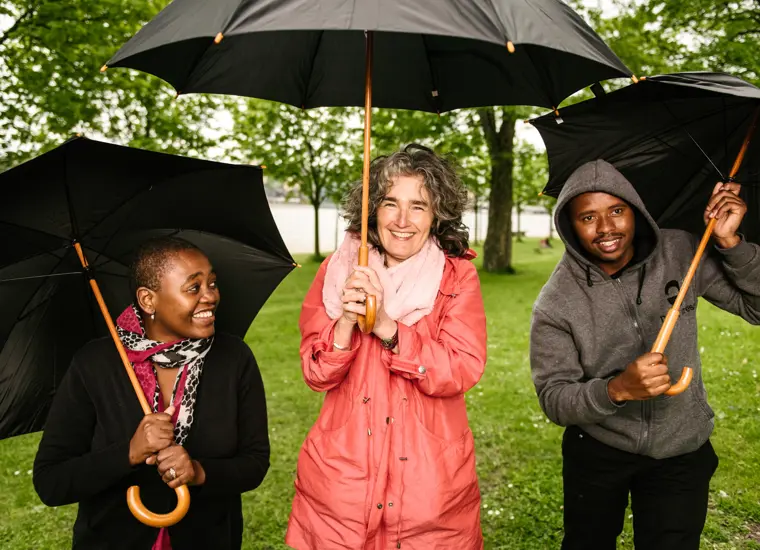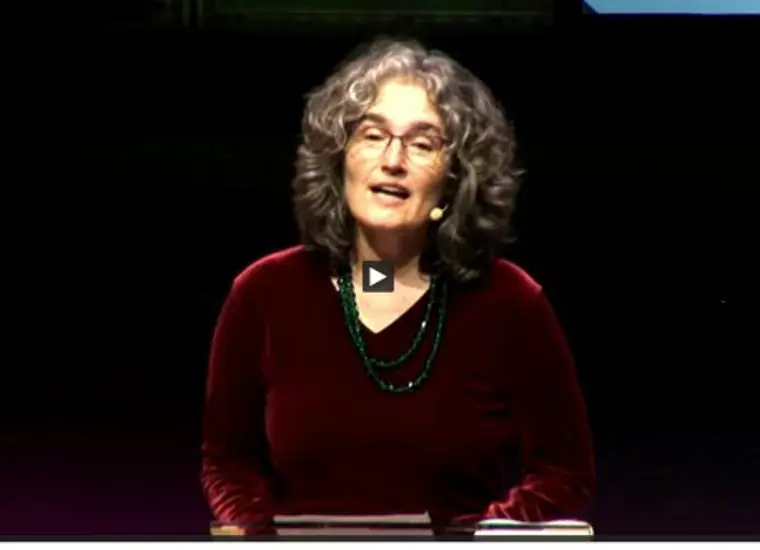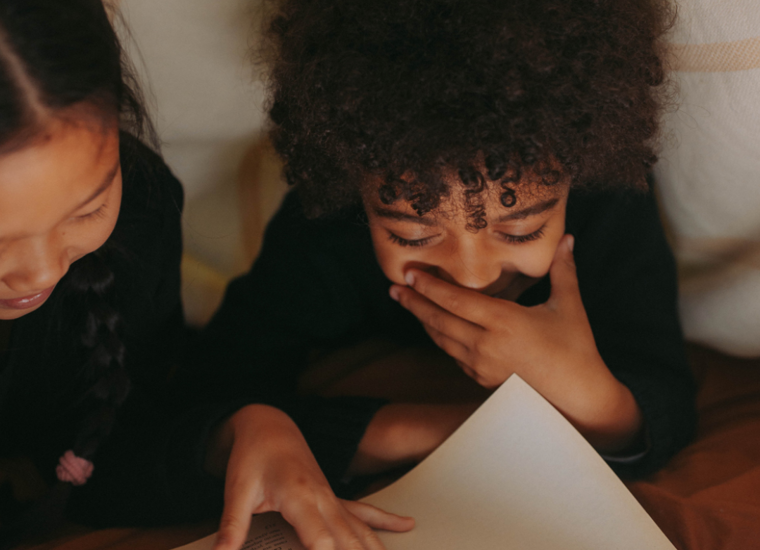Innovative reading and storytelling projects
PRAESA, the Project for the Study of Alternative Education in South Africa, is an organisation based in Cape Town working to promote reading and literature for children and young people. For more than twenty years, PRAESA has made powerful, innovative moves to highlight literature as a key component of both personal and societal development.
 Photo: PRAESA
Photo: PRAESAQuick facts
The jury’s motivation
With the joy of reading as its compass point, PRAESA opens new routes into the world of books and literature for young readers in South Africa. Through innovative reading and storytelling projects, PRAESA brings people together and brings literature in multiple languages alive. PRAESA's outstanding work shows the crucial role of books and stories in creating rich lives for children and young people.
Based in Cape Town, PRAESA, Project for the Study of Alternative Education in South Africa, is an organisation that has worked to promote reading and literature for children and young people in South Africa since 1992.
For more than twenty years, PRAESA has made powerful, innovative moves to highlight literature as a key component of both personal and societal development, always grounded in the specific conditions of South African society and culture. Its work focuses on encouraging children to read for enjoyment, building their self-esteem, and helping them connect to their native language through reading and stories.
PRAESA has three core goals: to provide children with high-quality literature in the various South African languages; to collaborate with and foster new networks among publishers and organisations that promote reading; and to initiate and carry out activities that can help sustain a living culture of reading and storytelling in socially vulnerable communities. PRAESA works in constant dialogue with the latest research and in collaboration with volunteers at the grass roots level.
To encourage children to read in their native languages, PRAESA produced the Little Hands books, a series of short books in different African languages. Another project, the Vulindlela Reading Club, combined oral storytelling with reading, singing games, and dramatizations, and led to the formation of many more reading clubs in Cape Town and other provinces. The national reading promotion initiative Nal’ibali is a network of reading clubs that uses media campaigns to encourage children to read and inspire parents, grandparents, and teachers to read with them.
In 2014, PRAESA received the Asahi Reading Promotion Award, a prize instituted by the International Board on Books for Young People, IBBY
Encouraging children to read for enjoyment
This text was written in 2015 by members of the award jury.
PRAESA, Project for the Study of Alternative Education in South Africa, is an organisation that works to promote reading and literature for children and young people in South Africa. Seeking to help young readers discover the joy of books and storytelling, PRAESA combines the latest research with creative methods to find new ways to bring children and literature together.
PRAESA was founded in 1992 by the anti-apartheid activist and academic Neville Alexander, who was held for ten years as a political prisoner alongside Nelson Mandela on Robben Island. From the 1980s until his death in 2012, Alexander worked to raise awareness of multilingualism as a key to personal and societal development. His objective was to offer children schooling and literature in their native tongues. As he put it: “We have to begin to use other African languages in powerful ways.”
Originally established as a research and development unit attached to Cape Town University, PRAESA today is an independent organisation based in Cape Town. In the 1990s, current director Carole Bloch and coordinator Ntombizanele Mahobe partnered with Battswood Primary School in Cape Town to develop models for teaching reading and writing in multiple languages. With this project, PRAESA became one of the first organisations in South Africa to use books in different languages to help build a culture of reading that motivates and inspires children to read.
PRAESA has three core goals: to provide children with high-quality literature in the various South African languages; to collaborate with and foster new networks among publishers and reading promotion organisations; and to initiate and carry out activities that support and sustain a culture of reading and storytelling in socially vulnerable communities. South Africa is a country of 11 official languages, with a large gap between poor schools in rural areas and townships and urban schools with stronger resources. PRAESA was an early advocate of using literature and stories in literacy instruction. It has also addressed fundamental questions of how to support school systems in vulnerable areas and how to encourage bilingual or multilingual teaching.
PRAESA wants children to have not only traditional schoolbooks, but also literature that inspires them to read. In one early project, the Little Hands book series, PRAESA distributed short books in different African languages via the Stories across Africa project. PRAESA also works closely with authors, illustrators, publishers, translators and various other organisations - notably Biblionef South Africa, which plays a key role in the production and distribution of books nationally. Such collaborations are essential for developing new literary contacts and constellations, not only inside South Africa but also among different African countries. PRAESA continuously evaluates its work and has published a number of studies and scholarly articles on children’s literature, multilingual teaching, and literacy instruction.
In 2006, PRAESA started the Vulindlela Reading Club in Langa, a township outside Cape Town. The club was quickly followed by many more, both in Cape Town and in other provinces. Club activities emphasize the importance of weaving together books and group reading with dramatization, singing games and storytelling. PRAESA strives to support children’s self-esteem and linguistic identities and activities are held both in children’s native languages and in English. The starting point is always children’s natural curiosity about stories, reading and literature.
The Vulindlela Reading Club formed the point of departure for the Nal’ibali project: a large-scale national reading promotion program begun in 2012. Nal’ibali is a network of reading clubs that uses media campaigns to encourage children to read and inspire parents, grandparents and teachers to read with them. Bloch says, “It’s not enough to produce materials. You have to get them into the right hands.” PRAESA believes in change at the grass-roots level. Reading clubs are run by local volunteers, who attend workshops and receive training and mentoring. PRAESA continuously develops its strategies and methods to support socially vulnerable areas and reach out with stories and books. Within the Nal’ibali project, PRAESA created bilingual supplements distributed via the large South African newspapers. The inserts are free to order. Each includes a writing and puzzle section along with a story in both English and one of the official South African languages. In partnership with a new research organisation, the PETS Foundation, PRAESA has also initiated a project to explore using e-tablets in schools to support student reading.
PRAESA focuses on encouraging children to read for enjoyment, building their self-esteem and helping them connect to their native language through reading and stories. For more than twenty years, PRAESA has made powerful, innovative moves to highlight literature as a key component of both personal and societal development, always grounded in the specific conditions of South African society and culture. In 2014, PRAESA received the Asahi Reading Promotion Award, a prize instituted by the International Board on Books for Young People (IBBY). PRAESA’s work manifests fundamental values of democracy and a view on human rights inherited from its founder, Neville Alexander. It is pledged to break down language barriers and support the peaceful co-existence of languages, in partnership with others and with full faith in linguistic, ethnic and cultural diversity.

"Children should be reading for enjoyment"
How does PRAESA work to improve reading comprehension among children and youth? How do they measure their results, and what challenges do they face in their daily work?
Watch our interviews with PRAESA
Acceptance Speech PRAESA
"PRAESA’s home in Cape Town, is known as both the Cape of Storms and the Cape of Good Hope. As Neville liked to remind us, how we see things always depends on our angle of vision. Today, as we accept this great honour, our angle of vision is one of hope."
Listen to the full acceptance speechCarole Bloch, Director of PRAESA, in conversation with ALMA jury member Henry Ascher. Recorded at Göteborg Book Fair 2022.

Discover our laureates
The Astrid Lindgren Memorial Award is awarded to authors, illustrators and narrators, but also to people or organizations that work to promote reading.
Find out more about the laureates
Children have the right to great stories
To lose yourself in a story is to find yourself in the grip of an irresistible power. A power that provokes thought, unlocks language and allows the imagination to roam free. The Astrid Lindgren Memorial Award was created in 2002 by the Swedish government to promote every child’s right to great stories.
Find out more about the award